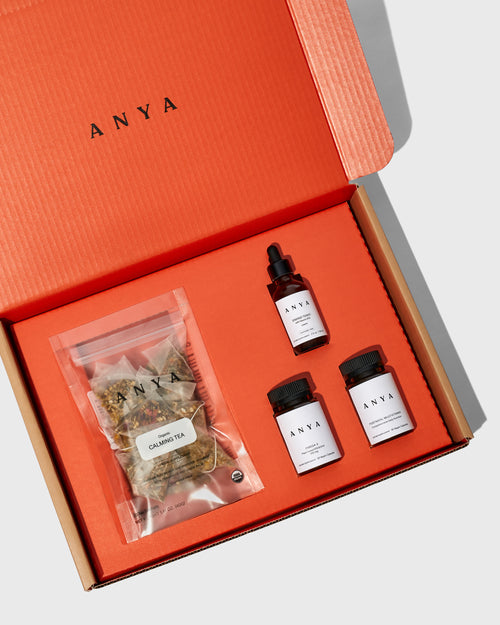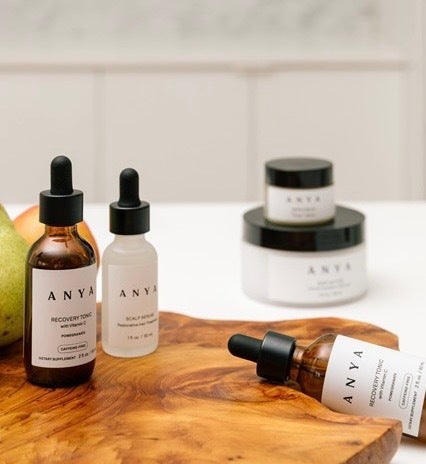If you are among the 15 percent of new mothers in the US who do not try to breastfeed, you may need some guidance on what to do to ensure that your breasts are healthy and pain is minimized as you transition away from producing breast milk. There are a wide variety of caregivers to choose from: “An ob-gyn, a midwife, a doula, a lactation consultant—they’re all prepared to support you,” says Heather McFadden, an International Board Certified Lactation Consultant.
First, understand the biological and hormonal changes happening in your body; next, strategize for the hours and days after childbirth.
Whether you plan to breastfeed or not, your body will produce milk.
Roughly halfway into pregnancy, a complex hormonal process involving prolactin allows the body to produce colostrum, a nutrient-dense thick yellow fluid. You may experience some colostrum leaking from your nipples during pregnancy, but high levels of the hormones progesterone and estrogen block prolactin, thereby preventing lactation. That all changes after delivery. The levels of progesterone and estrogen fall rapidly, and prolactin is no longer blocked. This signals to your breasts that it is time to go into full milk-production mode, and lactation begins.
Once the process starts, you can tell your body to shut it down.
The simplest way to let your body know that it does not need to produce breast milk is not to use the breast milk it is producing. No nursing, no pumping, no hand expressions, no stimulation whatsoever. Over the course of several weeks, demand will affect supply, and there will be a drop in levels of prolactin.
Your breasts will likely become engorged.
Three to four days after delivery, your breasts may grow to a size you previously couldn’t have imagined. They may also become almost rock-hard. This is engorgement. Engorgement will improve with time, but in the meantime, you can ease the discomfort with ice packs and anti-inflammatory medication, like acetaminophen or ibuprofen. Wear a supportive bra, but not one with an underwire or anything too tight, which can worsen the engorgement.
Continue to discourage future milk production.
“Heat will bring in milk; cold will suppress it,” says Sarah Moore, a certified lactation educator and counselor in New York City. Use ice packs as often as is comfortable, and when you take a shower, avoid letting the warm water run directly on your breasts—this can trigger milk production. Instead, stand with your back to the showerhead so the water hits your back. And avoid any kind of nipple stimulation until your body has stopped producing milk, which should take about four to six weeks.






